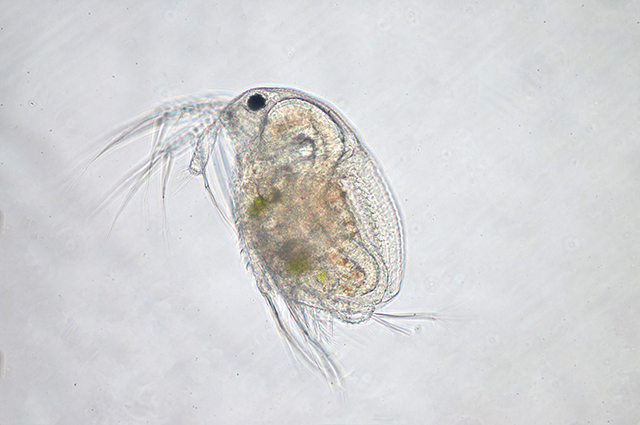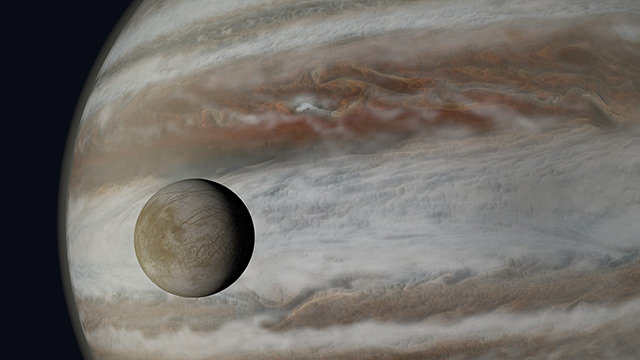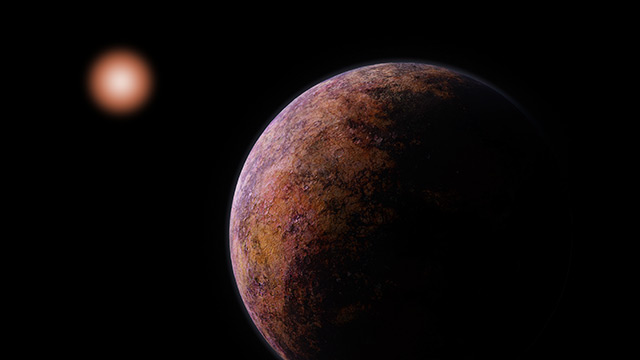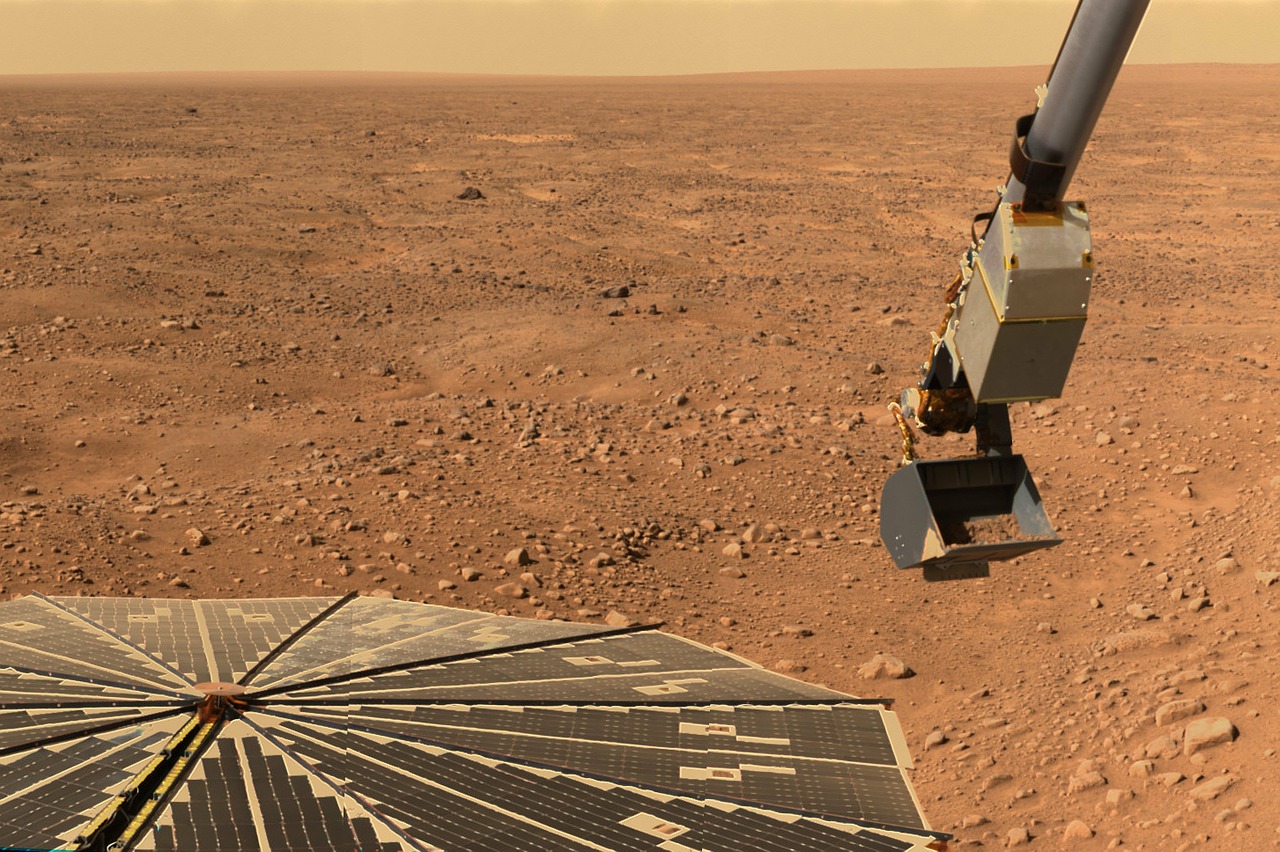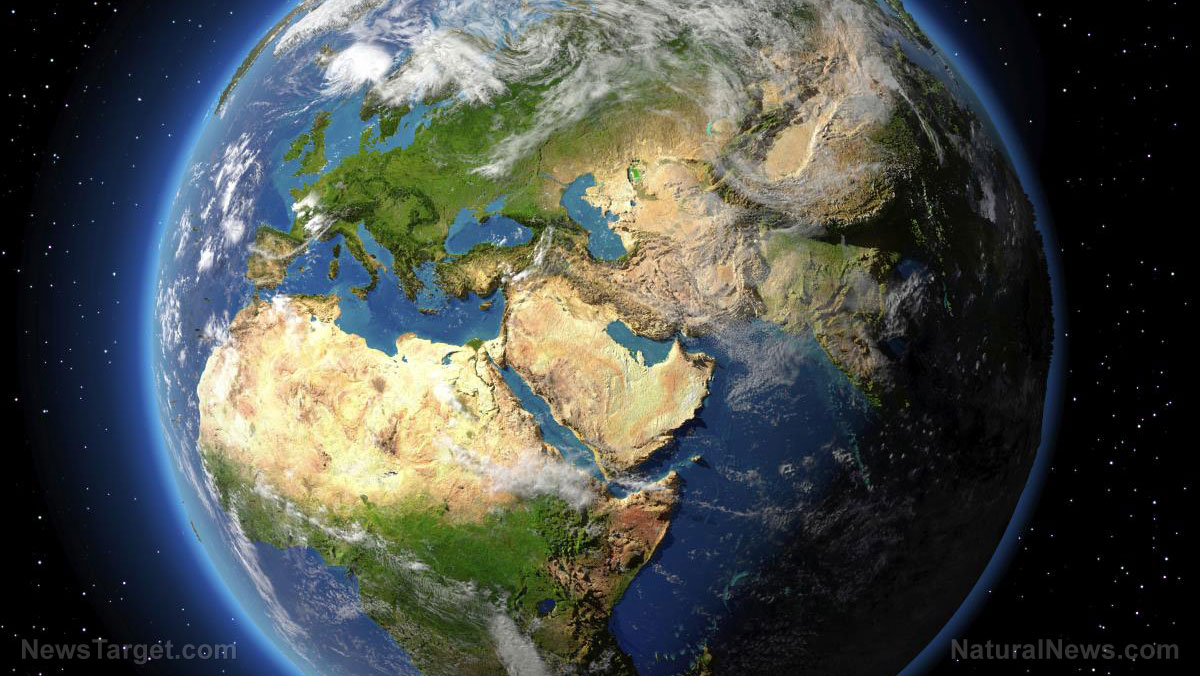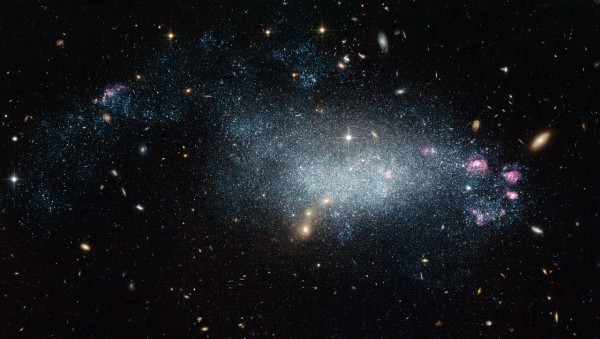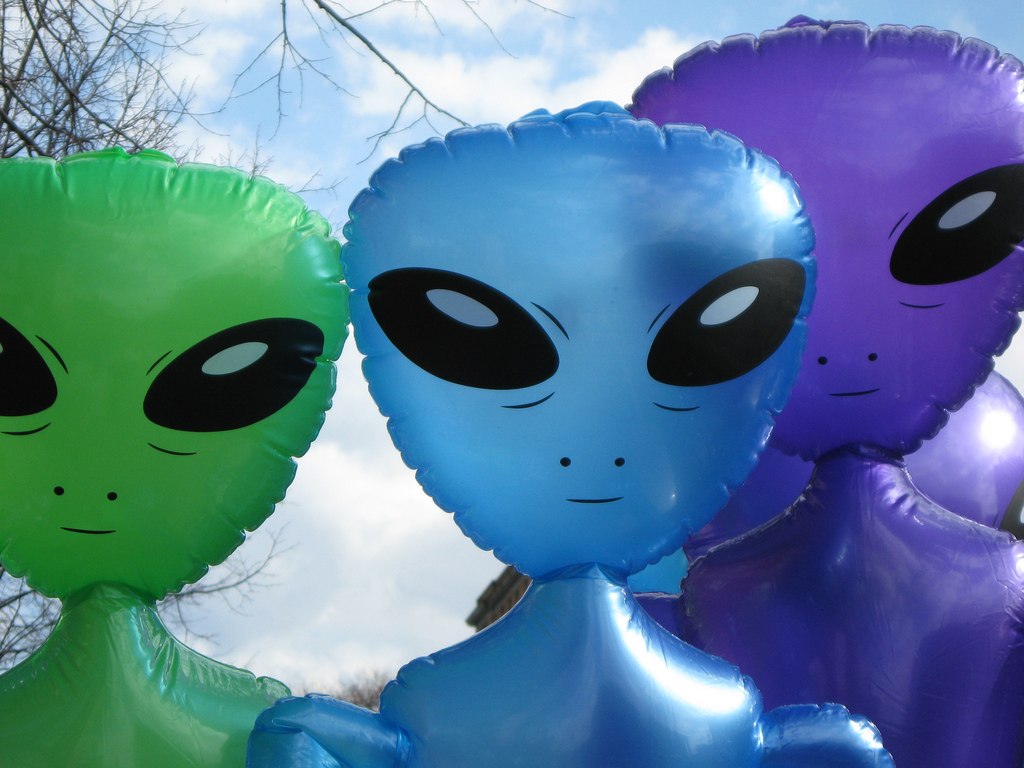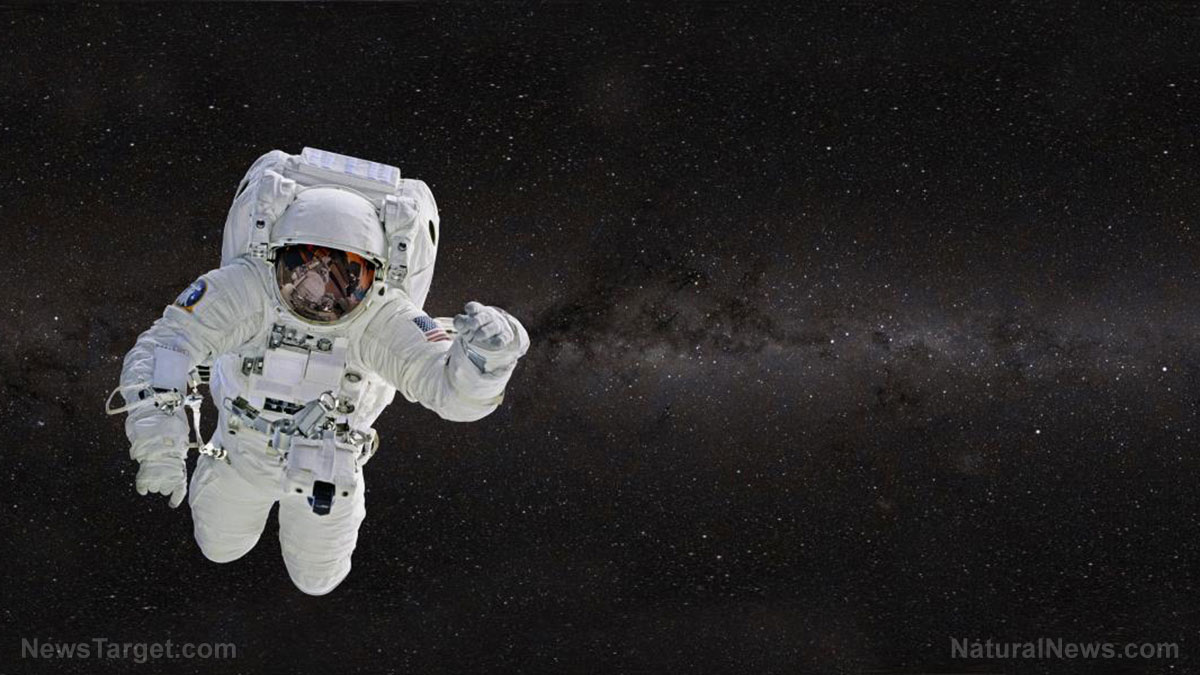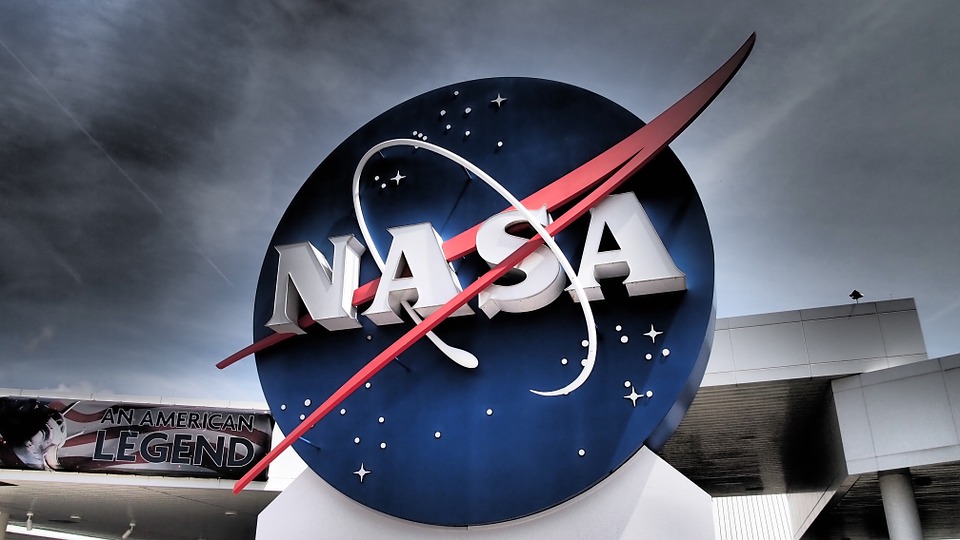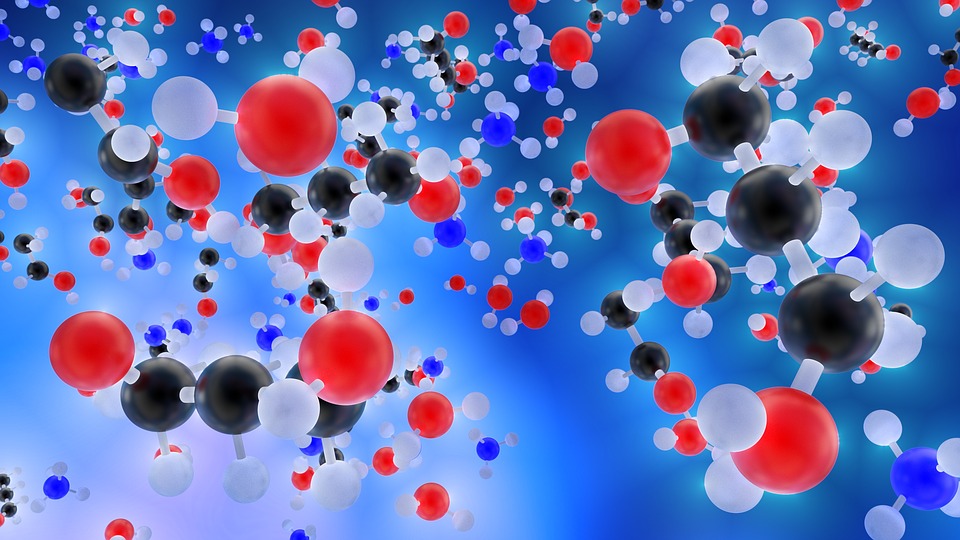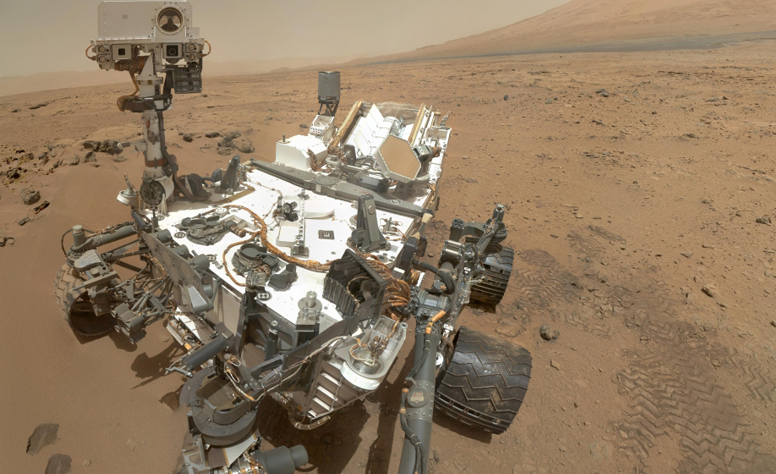Provisions are among the biggest challenges for manned spaceflight missions. Food must not take up so much space or weight that the spacecraft’s performance suffers. In an Alpha Galileo article, therefore, German researchers suggested that spacecraft should carry zooplankton as a lightweight source of essential nutrients for astronauts.
One potential candidate is the water flea (Daphnia), a tiny critter that lives in freshwater environments and produces plenty of biomass for its size. A University of Bayreuth (Bayreuth) research team recently subjected a population of this zooplankton to zero gravity environments.
The trials took place aboard a New Shepard suborbital spacecraft run by the private company Blue Origin. The water flea experiment was one of the first biological experiments ever conducted aboard this type of spacecraft. (Related: Floating food isn’t easy to digest: Scientists think this may be the reason astronauts lose weight.)
Zooplankton can provide food for astronauts and starving populations
Zooplankton might be tiny, but they play a disproportionately big role in the food chain. They consume micro-algae and serve as an important food source for aquatic animals like fish.
Most of these creatures are small crustaceans such as the water flea. Bayreuth professor Dr. Christian Laforsch has studied them for many years and he thought that Daphnia could produce just as much biomass in space as they do in Earth’s waters.
In particular, he and his colleagues believe water fleas can be integrated into biogenerative life support systems (BLSS). These are man-made ecosystems that can provide nourishment for humans over long periods of time. BLSS are receiving increasing interest for their potential use in areas deprived of food, be they in space or on Earth.
A different but related study by a Bayreuth research team indicated the potential of zooplankton as food for astronauts. Researcher Jessica Fischer reported that another type of zooplankton – ostracods – can produce nutrients in BLSS.
Fischer published the results of her research in the journal Microgravity. She said that ostracods behaved very differently in zero gravity environments, but they were able to reproduce and survive for several months.
The Bayreuth experiments aboard the Blue Origin-operated spacecraft investigated the effects of space on the behavior of water fleas. German biologist Dr. Miriam Knie reported that the results were very promising.
Recent space trial suggest promise for zooplankton as food sources
Blue Origin is a U.S. private company based in Texas. Its flagship spacecraft series is named after Alan Shepard, the first American astronaut to travel in space
New Shepard’s most recent mission carried the “Scientific Pathfinder Flights,” a project funded by the German Aerospace Center (DLR). Participating experiments – like the Bayreuth study – are intended to assist manned spaceflight.
The suborbital flight lasted all of 11 minutes before the New Shepard spacecraft touched down in Texas. Knie said her team will study the data on Daphnia behavior at zero gravity environments.
The newest findings will be analyzed alongside earlier data collected by Bayreuth. The experiment will show if water fleas can survive and even thrive in BLSS installed aboard space stations and manned spacecraft on long-endurance missions, such as months-long voyages to Mars.
Knie promised to report their findings in the shortest time frame. She and her colleagues believe their new data can shed light on certain questions, such as the evolutionary process that produced organisms which are sensitive to gravity.
“But above all the experiments in space are designed to give us an understanding of the extent to which plankton organisms can be used – also on Earth – for a sustainable food supply,” said Laforsch.
Want more articles on the technologies that keep astronauts fit and healthy? You can visit Space.news.
Sources include:
AlphaGalileo.org
Nature.com

